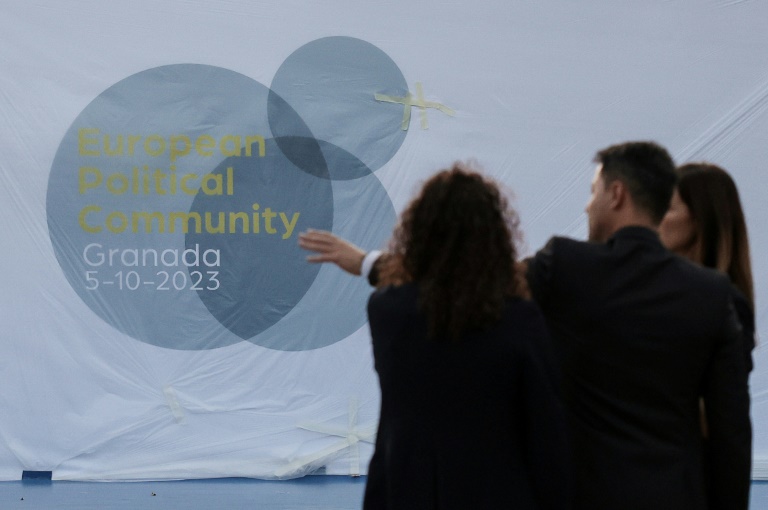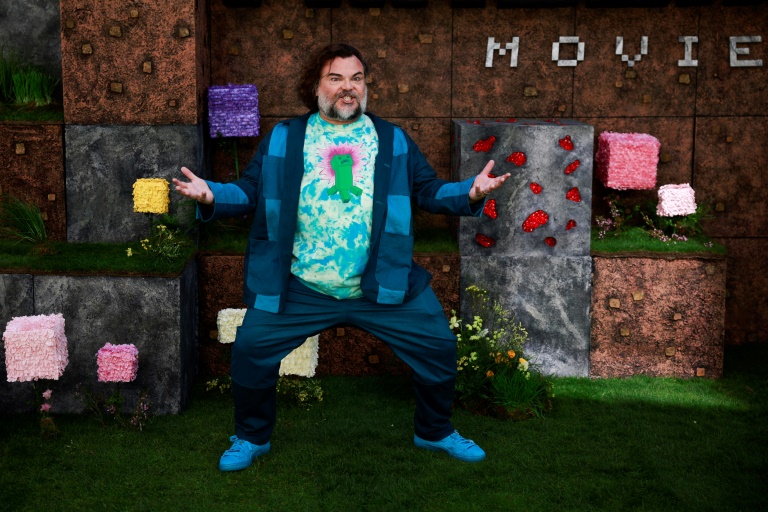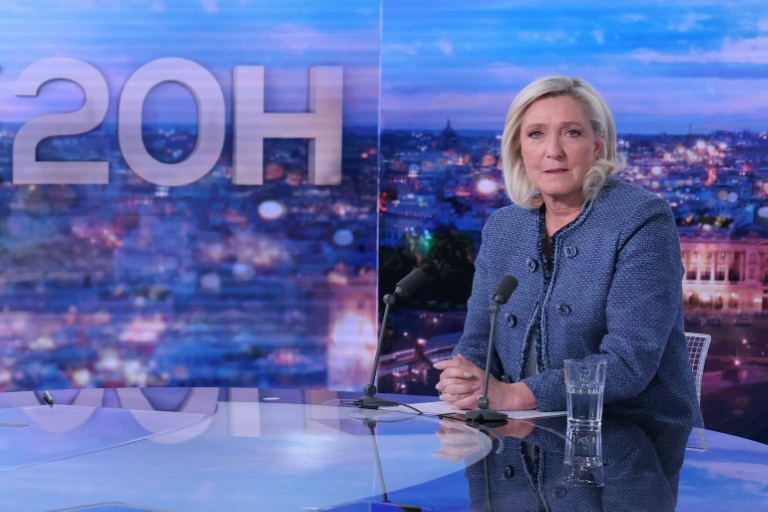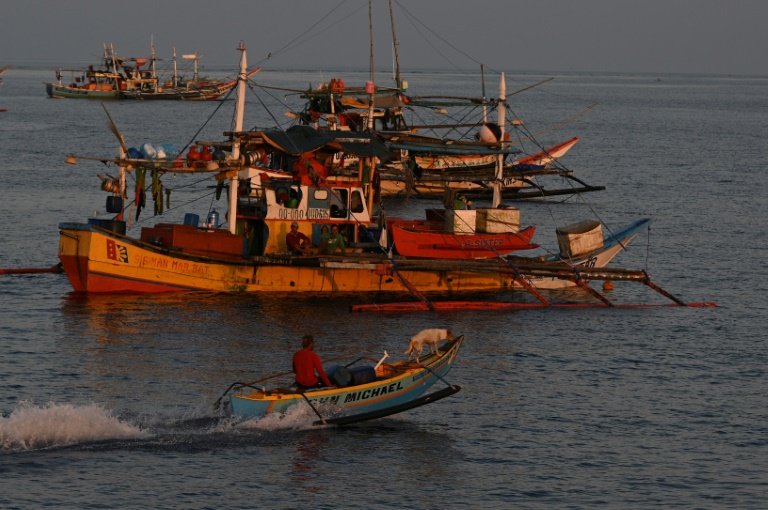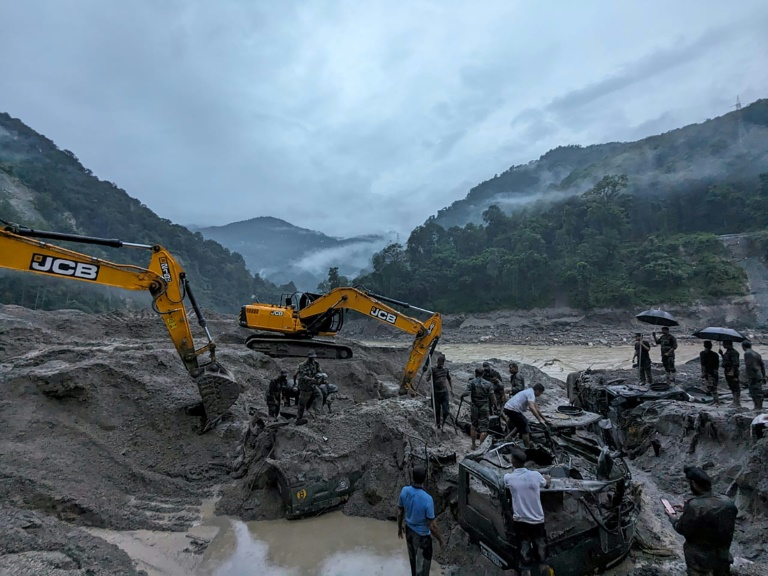Europe’s quest to build a common geopolitical purpose brought four dozen of its leaders to Granada on Thursday, but its credibility suffered a blow when the Azerbaijani president stayed away.
His absence torpedoed EU hopes of using the forum to ramp up diplomacy around Nagorno-Karabakh, which Azerbaijani forces captured last month from ethnic Armenian rebels in a lightning offensive.
The West’s resolve on Ukraine was also in the spotlight at the Spanish summit gathering the 47-nation European Political Community (EPC) — an informal group which includes all 27 European Union countries and many NATO member states, along with their European neighbours, but excluding Russia.
Ukraine’s President Volodymyr Zelensky was to attend. “We will work in joint formats and have important bilateral meetings,” he posted on social media.
European powers are under pressure to further increase support for Kyiv as a political crisis in Washington hurts the parallel US effort backing Ukraine.
Turkey’s President Recep Tayyip Erdogan, a key figure in both the Azerbaijan-Armenia conflict and diplomacy surrounding Ukraine, was also missing the EPC summit — the second time in a row he has done so.
Azerbaijan’s President Ilham Aliyev — closely allied with Turkey — skipped the summit because of “pro-Armenian statements by French officials” and because Paris has said it plans to deliver military equipment to Yerevan, an Azerbaijani official said.
EU officials had hoped to bring about what would have been the first face-to-face meeting between Aliyev and Armenia’s Prime Minister Nikol Pashinyan since the offensive.
But the Azerbaijani official alleged there was an “anti-Azerbaijani atmosphere” at the EPC summit and said Baku wanted the meeting to take place in Turkey.
Pashinyan has confirmed he would attend the summit and expressed regret it would not be an opportunity to meet Aliyev and sign a “turning point document”.
The conflict over Nagorno-Karabakh has taken a dramatic turn, with the offensive prompting most of its 120,000 ethnic Armenians refugees to flood into Armenia, and further poisoning relations between the foes.
After Azerbaijani troops took control the breakaway Azerbaijani region has announced it will dissolve its self-proclaimed republic.
“Without Turkey and Azerbaijan, the political community becomes more narrowly European and seems more anti-Putin, give or take a few leaders,” said Sebastien Maillard of the Institute Jacques Delors, a think tank.
“Without a Karabakh meeting, the agenda could flip to the migration crisis,” he said, predicting that Britain’s Prime Minister Rishi Sunak would seize the opportunity, having kickstarted the UK election campaign this week.
With the Caucasus conflict falling down the EPC agenda, Britain’s Sunak and his Italian counterpart Georgia Meloni, will push a plan for tough action on migration.
On Wednesday, EU member countries agreed an outline migration reform package to better share responsibility inside the bloc for undocumented arrivals and accelerate procedures to deport unsuccessful asylum-seekers.
But for Italy and non-EU member Britain, both facing arrivals by sea, the reform does not go far enough.
Sunak and Meloni will chair a side meeting at the EPC and discuss “joint action” against what Sunak’s office dubbed “organised immigration crime”.
“With thousands of people dying at sea, propelled by people smugglers, the situation is both immoral and unsustainable. We cannot allow criminal gangs to decide who comes to Europe’s shores,” Sunak said.

